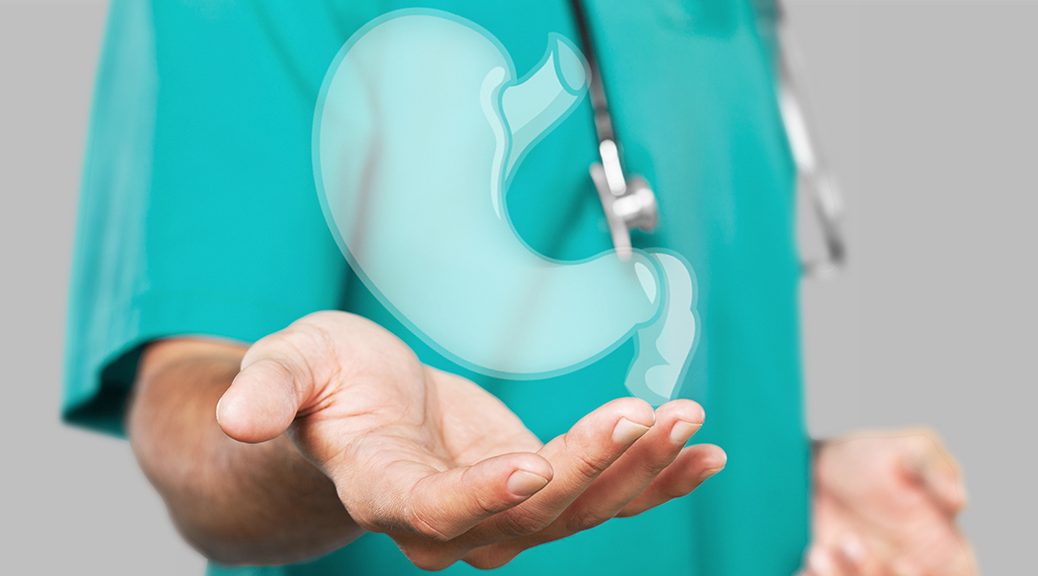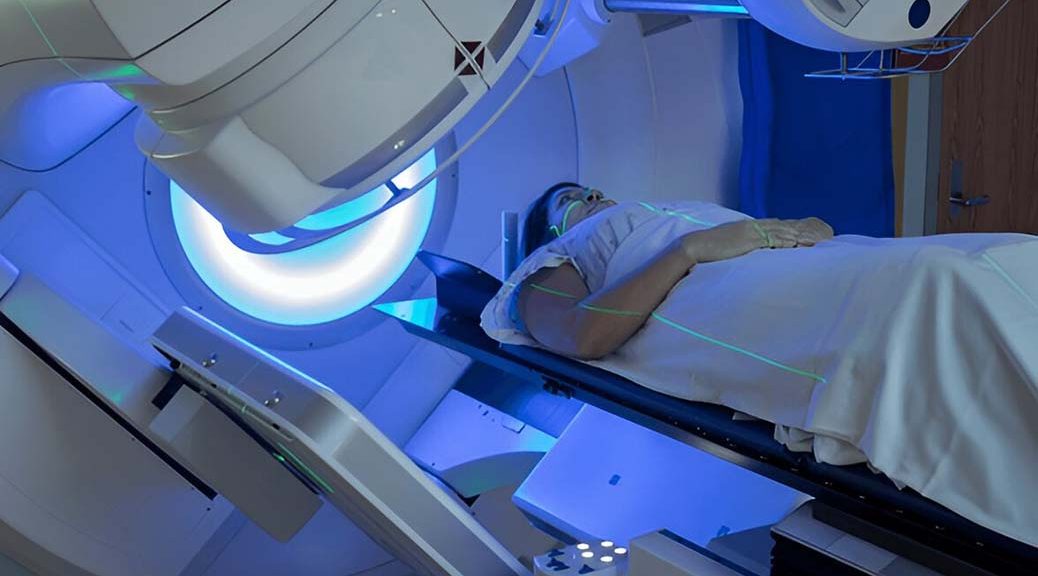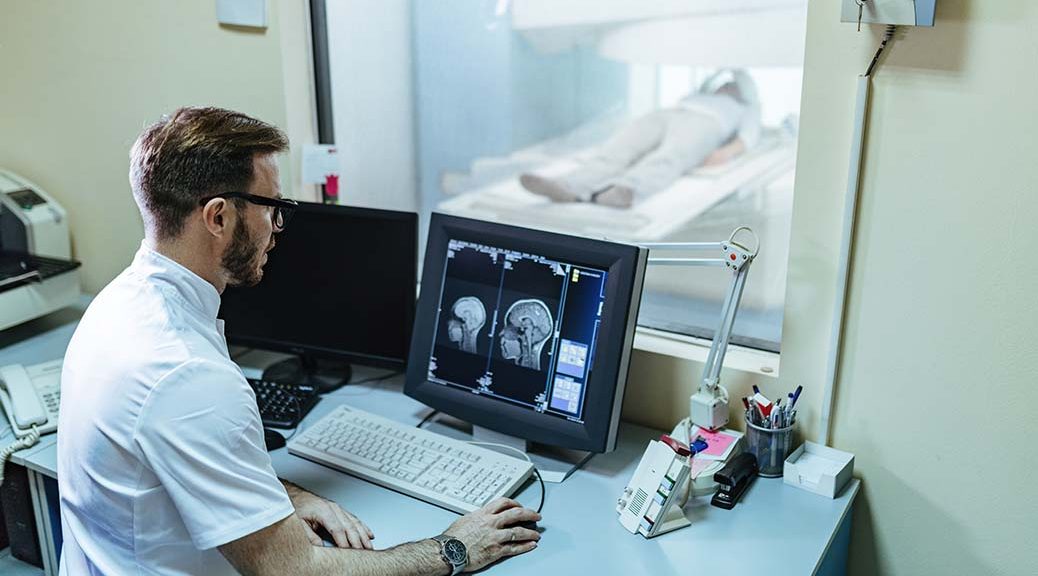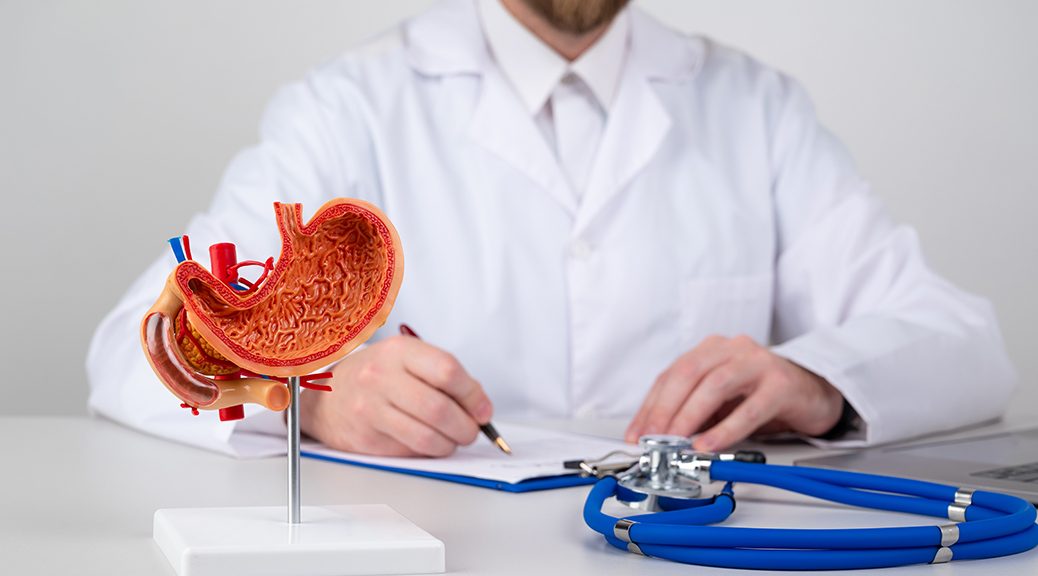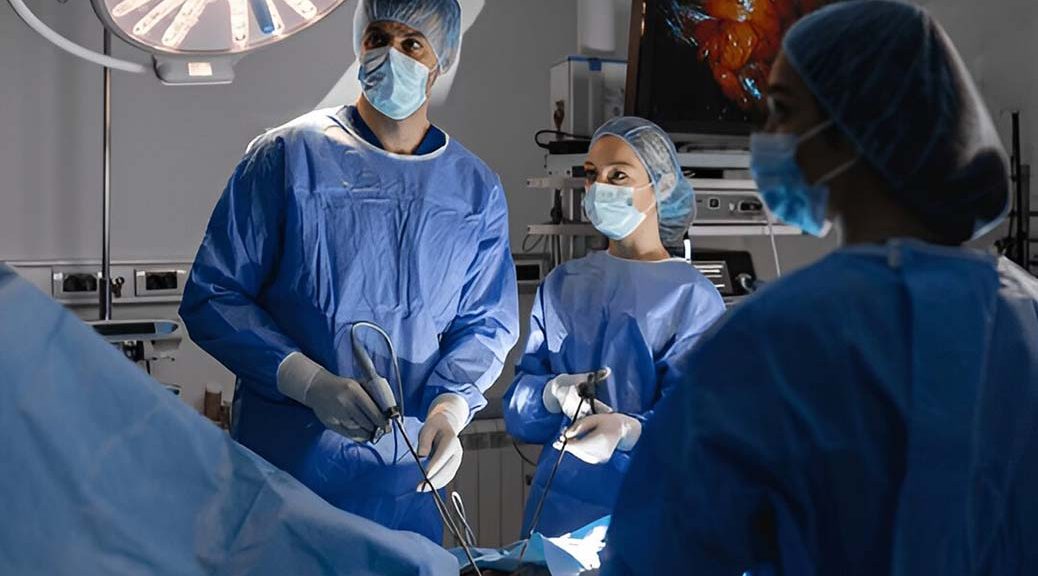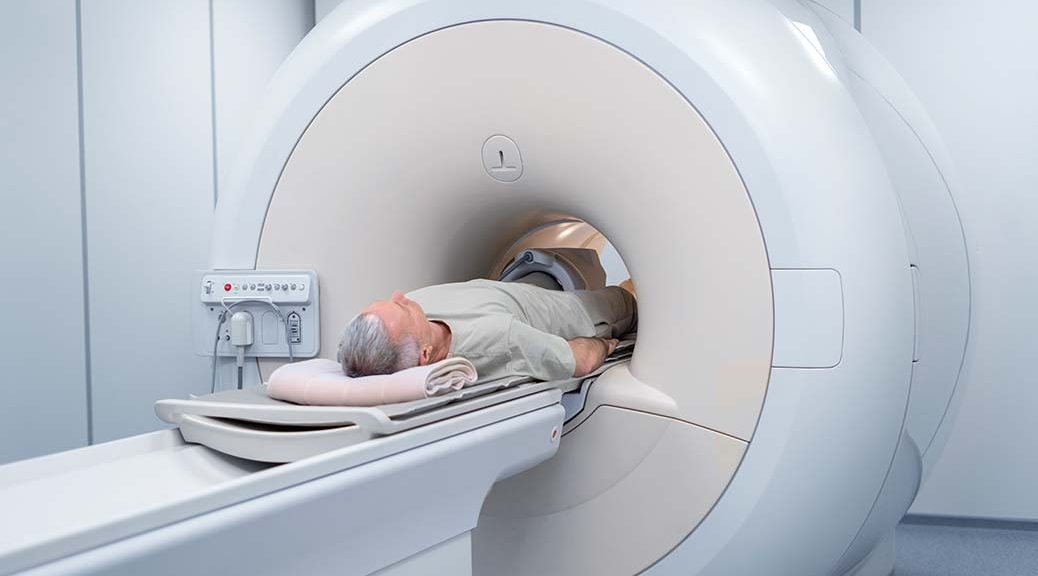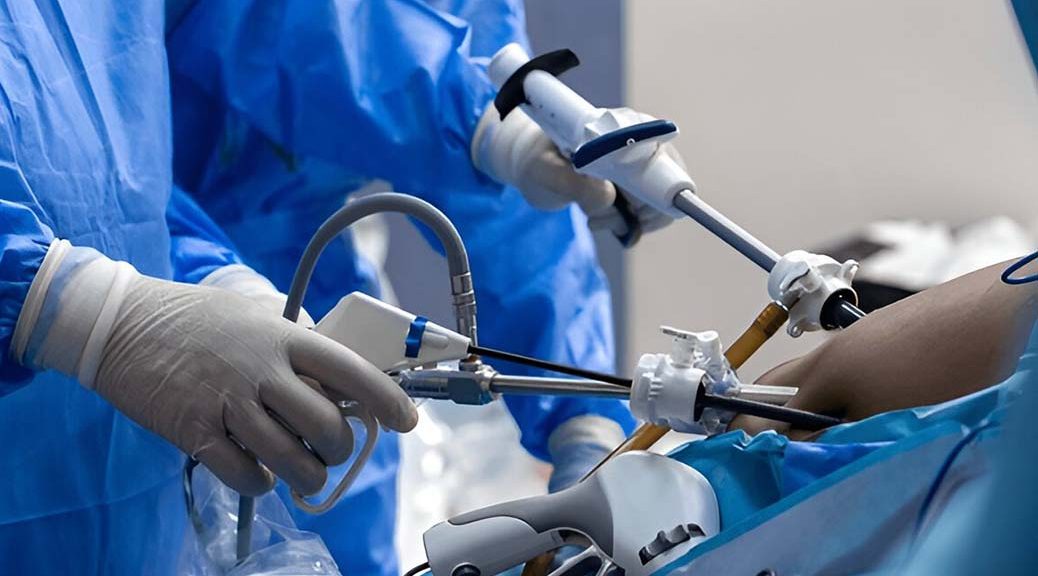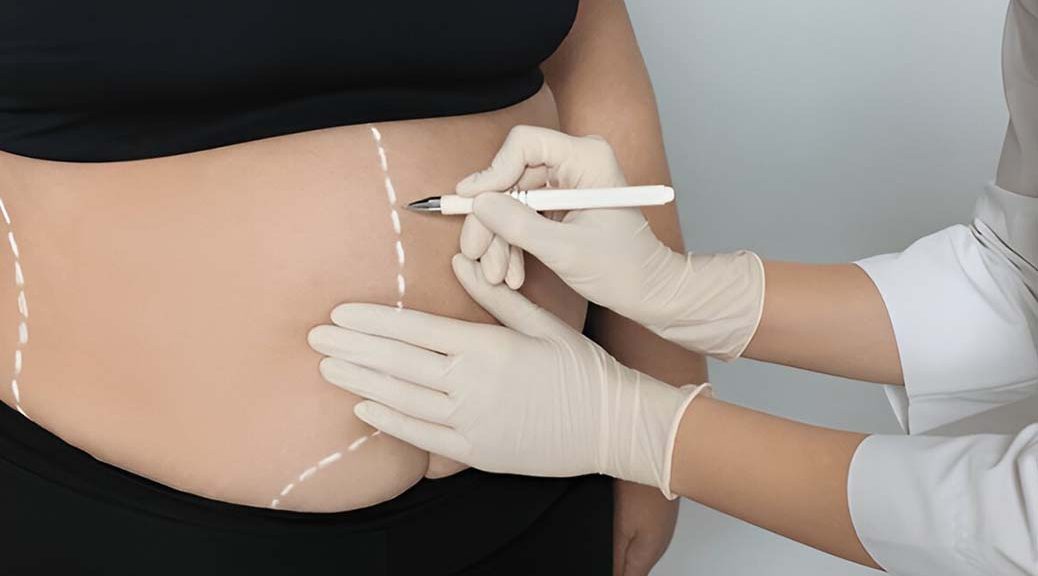Sleeve gastrectomy at ILS Hospital, Saltlake can be the life changing solution that you are looking for. Obesity is a serious medical condition that can lead to diabetes, high blood pressure, heart disease, and joint problems. For people suffering from obesity even after trying dieting, exercising, and medicine without long term success, sleeve gastrectomy offers an effective and safe surgical solution. At ILS Hospital, Saltlake this procedure is performed
by one of the top bariatric surgeons Dr. Om Tantia.
What Is Sleeve Gastrectomy?
Sleeve gastrectomy, also referred to as vertical sleeve gastrectomy (VSG), is a bariatric surgery that is minimally invasive and involves removing approximately 70–80% of the stomach permanently. The remaining stomach resembles a tube of narrow shape or “sleeve,” which:
- Limits food consumption by reducing the capacity of the stomach
- Minimizes hunger by lowering the secretion of the hunger
hormone ghrelin Unlike gastric bypass, sleeve gastrectomy does not require a direct connection to the intestine therefore it is a less complicated and low risk procedure which results in speedy
recovery.
Who Can Benefit?
Sleeve gastrectomy can be performed for individuals who:
- If you have a BMI greater than 40, or greater than 35 with obesity-related medical conditions like type 2 diabetes, sleep apnea, or high blood pressure
- If you are unable to lose weight to lose weight with lifestyle interventions
- If you are motivated to adopt long-term lifestyle and dietary modifications after surgery
At ILS Hospitals, Saltlake, a thorough pre-surgical assessment is done to make sure that the patients are in proper condition and need for this surgery.
Advantages of Sleeve Gastrectomy
Patients undergoing sleeve gastrectomy at ILS Hospital Saltlake can anticipate:
- 50–70% excess weight loss within 12–18 months
- Remission or improvement of obesity-associated health issues
- Lesser hospital stay and faster recovery with laparoscopic method
- Long-term hunger management and improved portion control
Why ILS Hospital, Saltlake?
ILS Hospital, Saltlake offers a welcoming and efficient environment for a life changing procedure such as gastric bypass surgery. We are equipped with modern operating rooms, experienced support staff and one of the best post operative care programs. On top of that Dr. Om Tantia’s experience expertise make him one of the best for sleeve gastrectomy.
Sleeve Gastrectomy is not just about losing weight; it’s about regaining your health and future. If you’re considering this option, a consultation with Dr. Om Tantia in Saltlake could be your first step toward lasting transformation.











